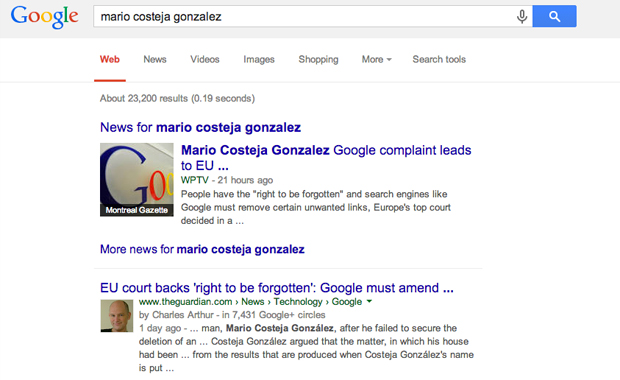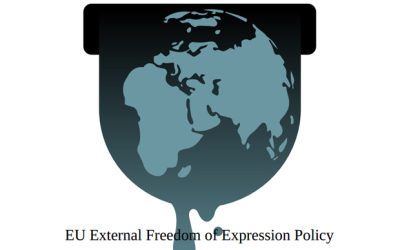Insult laws can be very easily manipulated by those in positions of power to shut down and punish criticism
CATEGORY: Digital Freedom
When Google tripped: Forgetting the right to be forgotten
Who limits access to information in the context of a search, and what it produces, continues to loom large. The right to know jousts with the entitlement to be invisible, writes Binoy Kampmark
Children of the internet: Free speech in the digital age
There is a generation growing up today with unprecedented knowledge and power at their immediate and constant disposal, and they are politically and socially empowered in ways that are not yet clearly understood, writes Nishith Hegde
Perfection as the enemy of the good: Weakening surveillance reform
The US Congress has made it clear by passing the USA Freedom Act that compromise is one way of doing nothing, a form of sanctified inertia. Binoy Kampmark writes
Jihad trending: Analysis of online extremism and how to counter it
With fears intensifying over the potential impact of returning foreign fighters and potential ‘lone wolf’ terrorists, governments are increasingly targeting the internet as a source of radicalisation. Dr Erin Marie Saltman of the Quilliam Foundation writes
Counterpoint: Your personality is your castle
In this counterpoint to the Index position on the right to be forgotten, Graham Ginsberg argues that individuals should have the right to request search results be amended
Leaked document reveals how EU cut commitment to greater official openness
You can find support for the public’s right to access official information in the strangest places. Like a private EU policy paper draft. As leaked to and published by the whistle-blowers’ website Wikileaks. Rohan Jayasekara writes
Counterpoint: “Right to be forgotten” is the step in the right direction
Rik Ferguson argues that the right to be forgotten is not censorship in this essay offering a counterpoint to the Index position.
India obsessed with social media role in elections
Indians, ever a chatty lot, are obsessed with the idea of being obsessed with social media. Mahima Kaul reports
Undermining progress: Digital surveillance and the Tunisian constitution
The recent creation of Tunisia’s Technical Telecommunication Agency threatens to undermine progress the country has made — all in the service of digital surveillance. Nicholas Williams writes
Are search engines the ultimate arbiters of information?
Although the Court of Justice of the European Union’s ruling on the right to be forgotten was made with intention of protecting European citizens’ personal data, the court’s ruling opens the door for anyone to request that anything be hidden from a search engine database with no legal oversight.
Delusions of freedom: The FCC, the internet and John Kerry
All states, autocratic or otherwise, have made it their business to stifle internet freedoms. They just disagree on how best to do it, Binoy Kampmark writes












